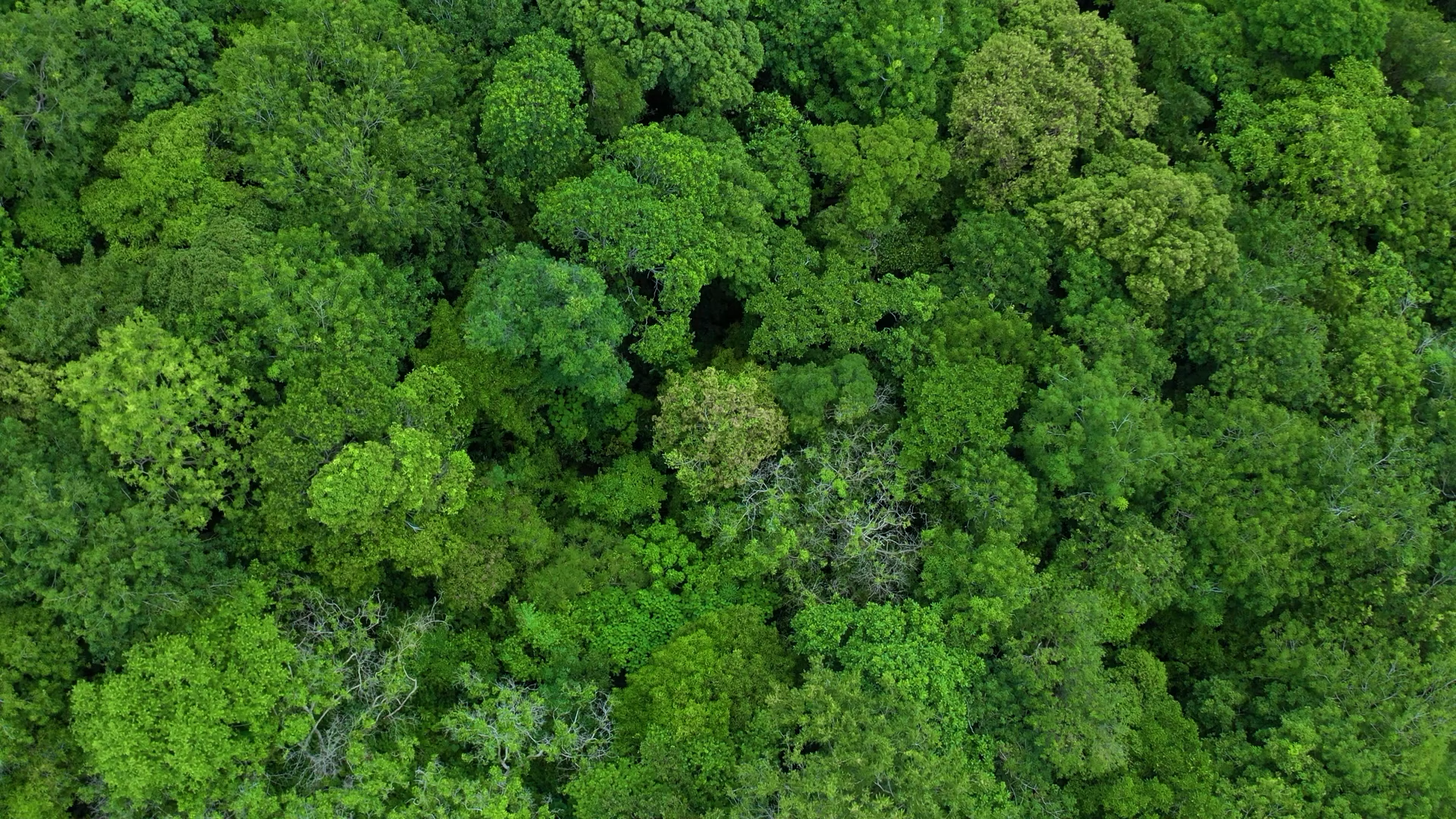
Introduction
On Becoming Plant-Minded
Encouraging textured, multi-hued responses to the theme, we asked each contributor to select a plant as a focal point for reflection
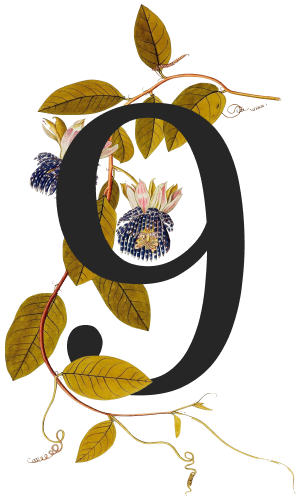
In this special issue, titled ‘The Mind of Plants’, we present a collection of ruminations on the notion of plant thinking—not just thinking about plants, but equally, and also, thinking with and thinking like plants.
Read more
Encouraging textured, multi-hued responses to the theme, we asked each contributor to select a plant as a focal point for reflection
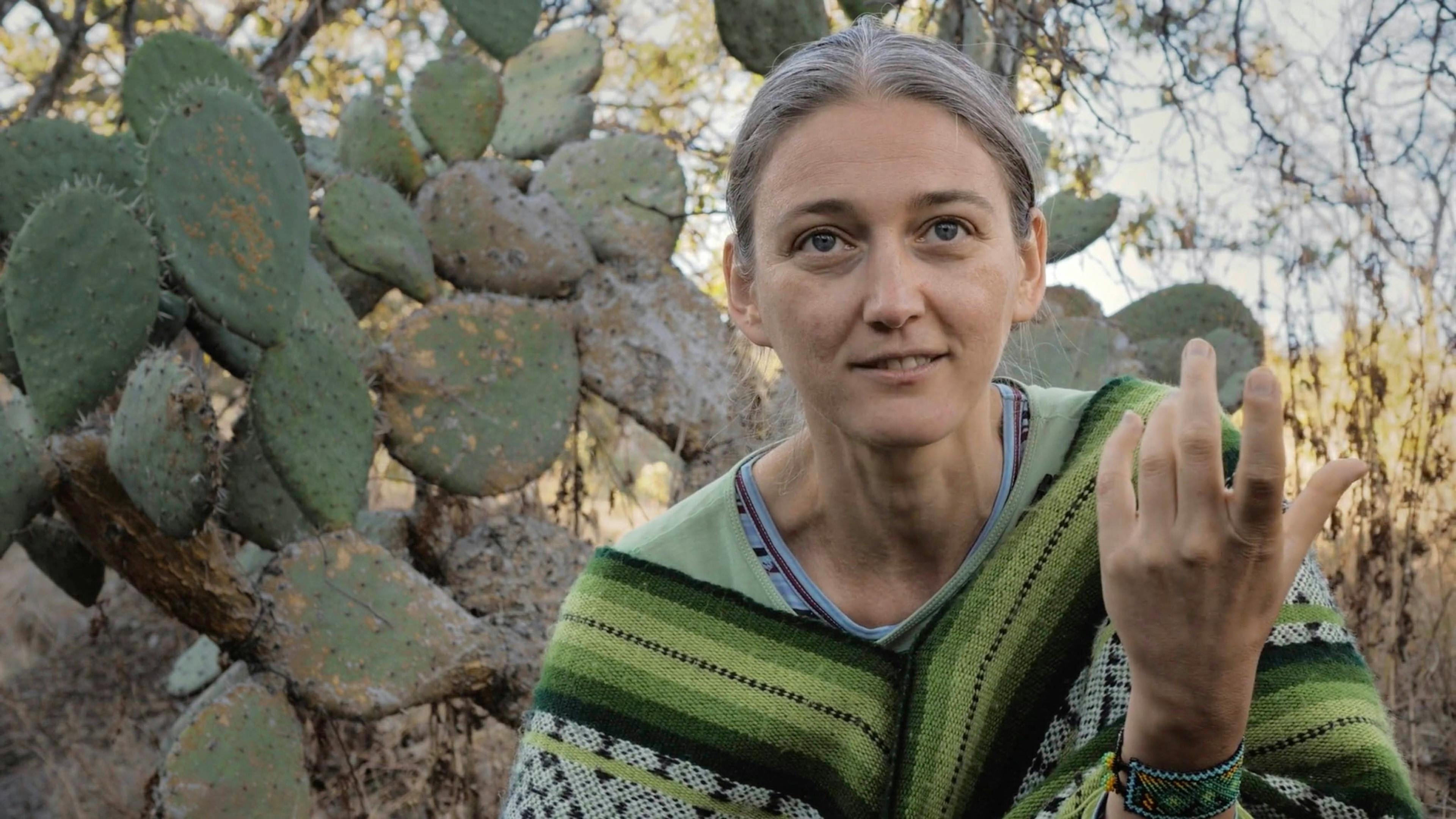
All the contributors were invited to write an essay, poem, or whatever they wanted. The catch was, it had to involve a personal story, or an encounter with a plant
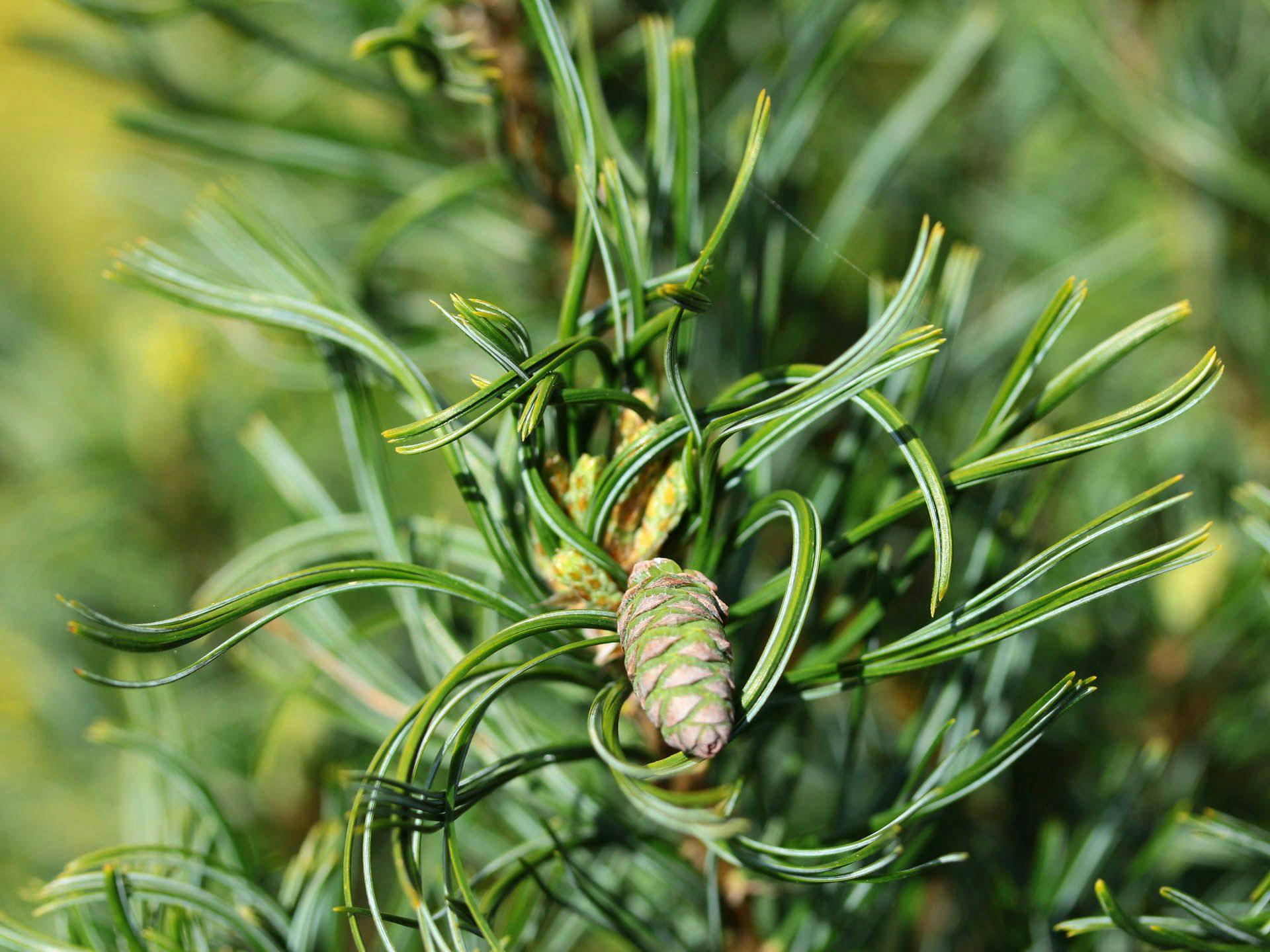
White Pine is revered across Indigenous cultures as a symbol of wisdom, longevity, and of peace
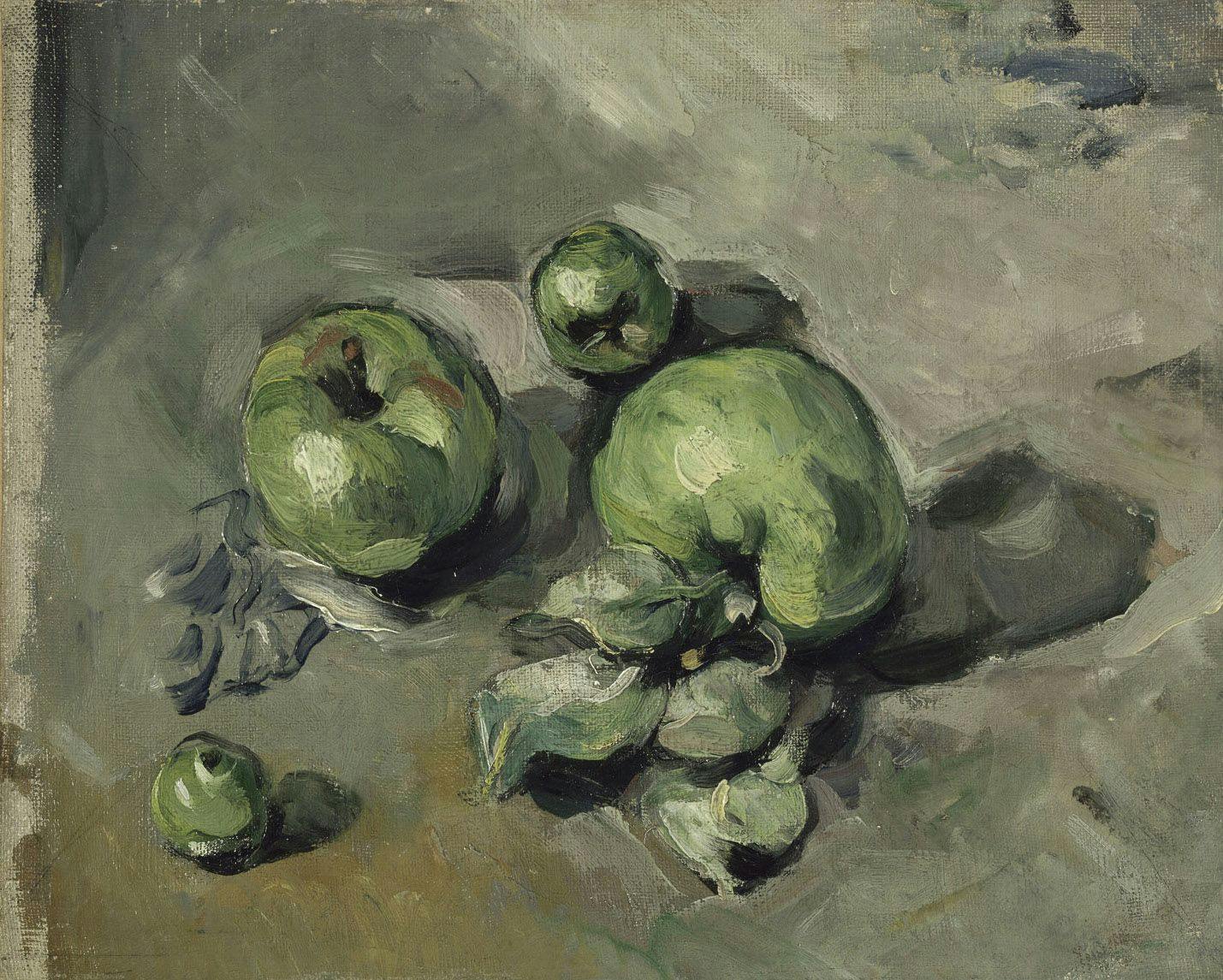
In this episode, anthropologist and best-selling author Jeremy Narby and multidisciplinary scholar Sarah Laborde take us on a journey toward understanding our relationship with plants
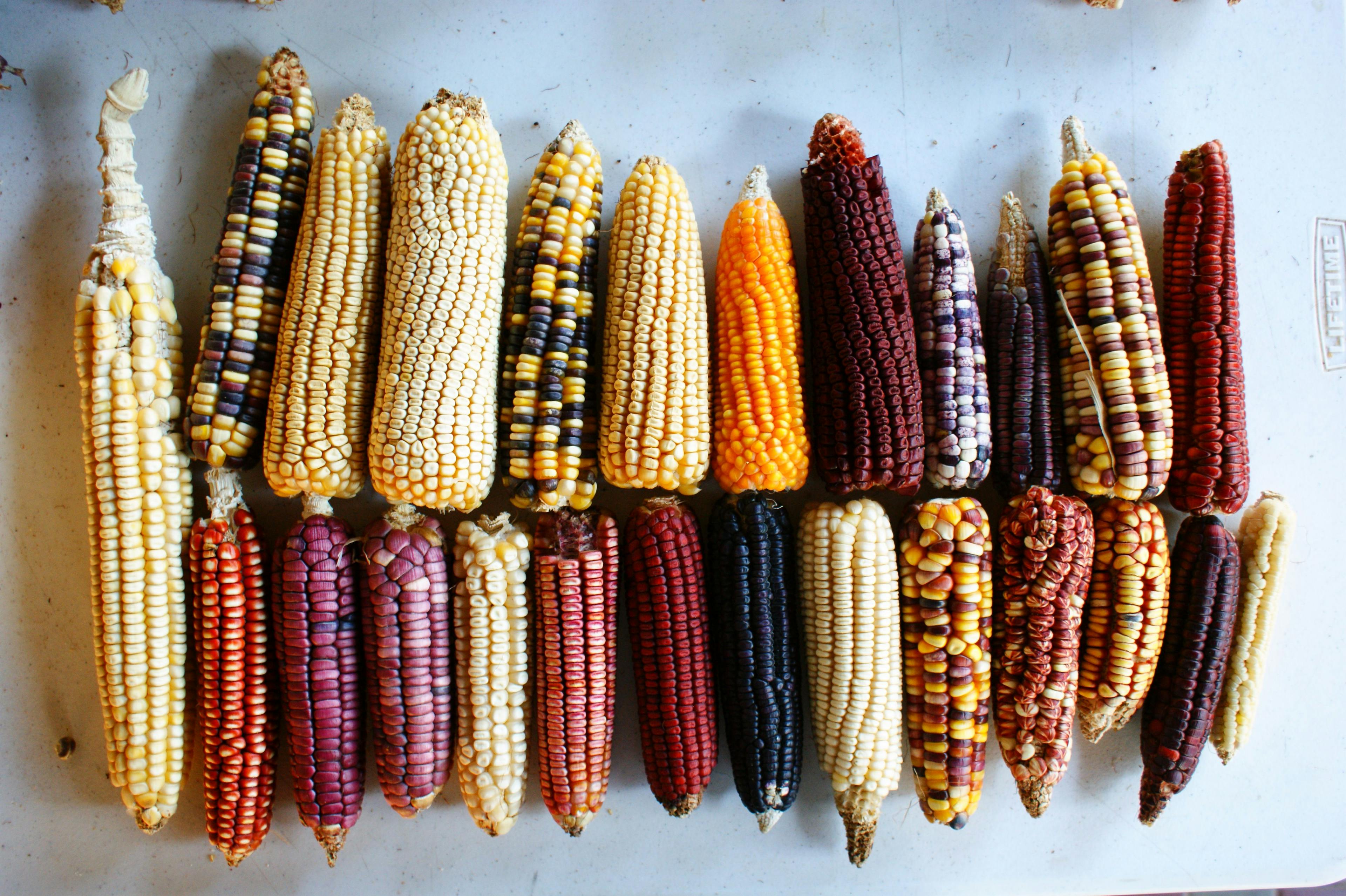
In my everyday life, corn represents a point of departure and a return to the images of my ancestors
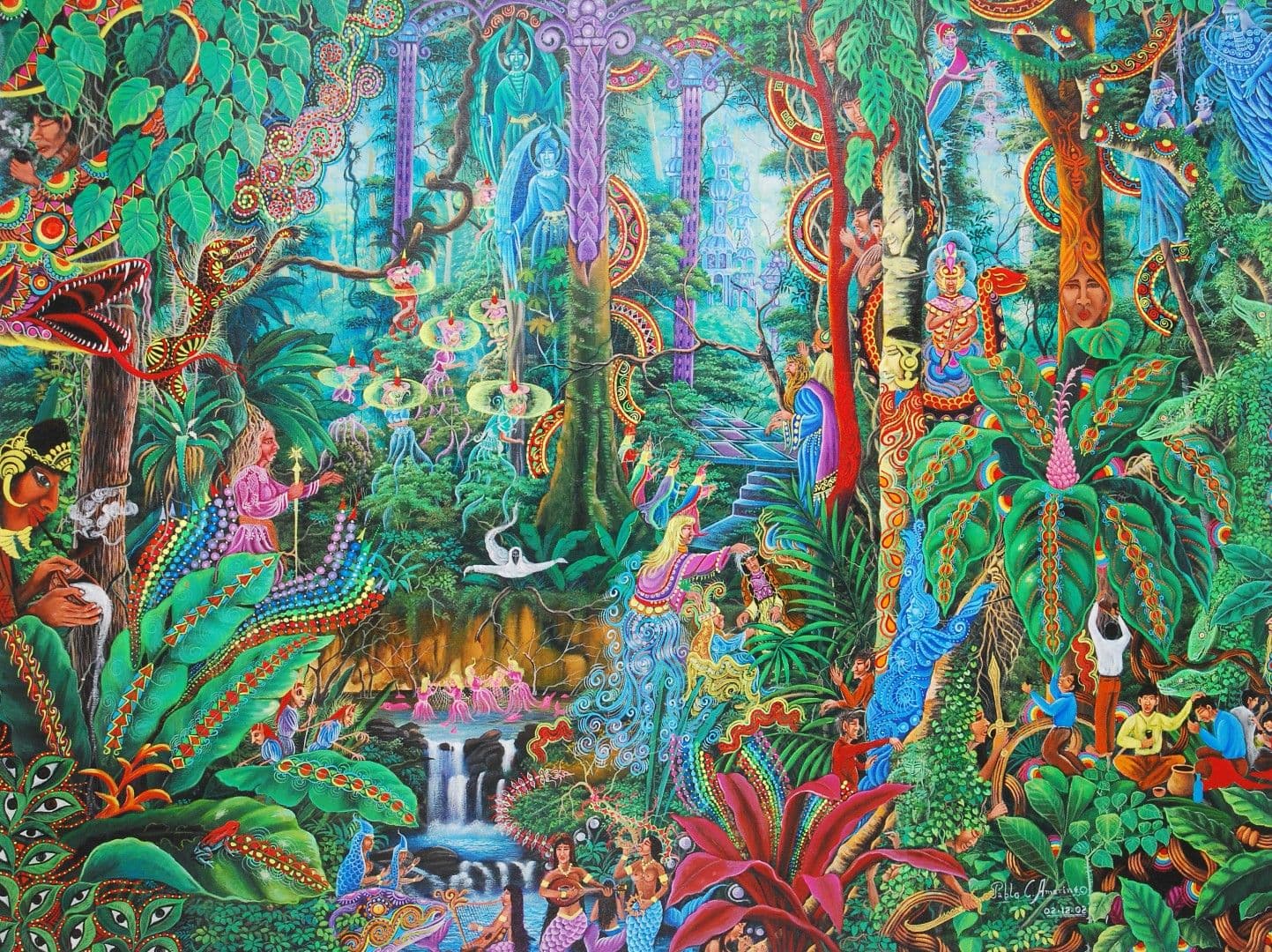
Join anthropologists Luis Eduardo Luna and Kristi Onzik as they delve into philosophical and existential questions inspired by plants
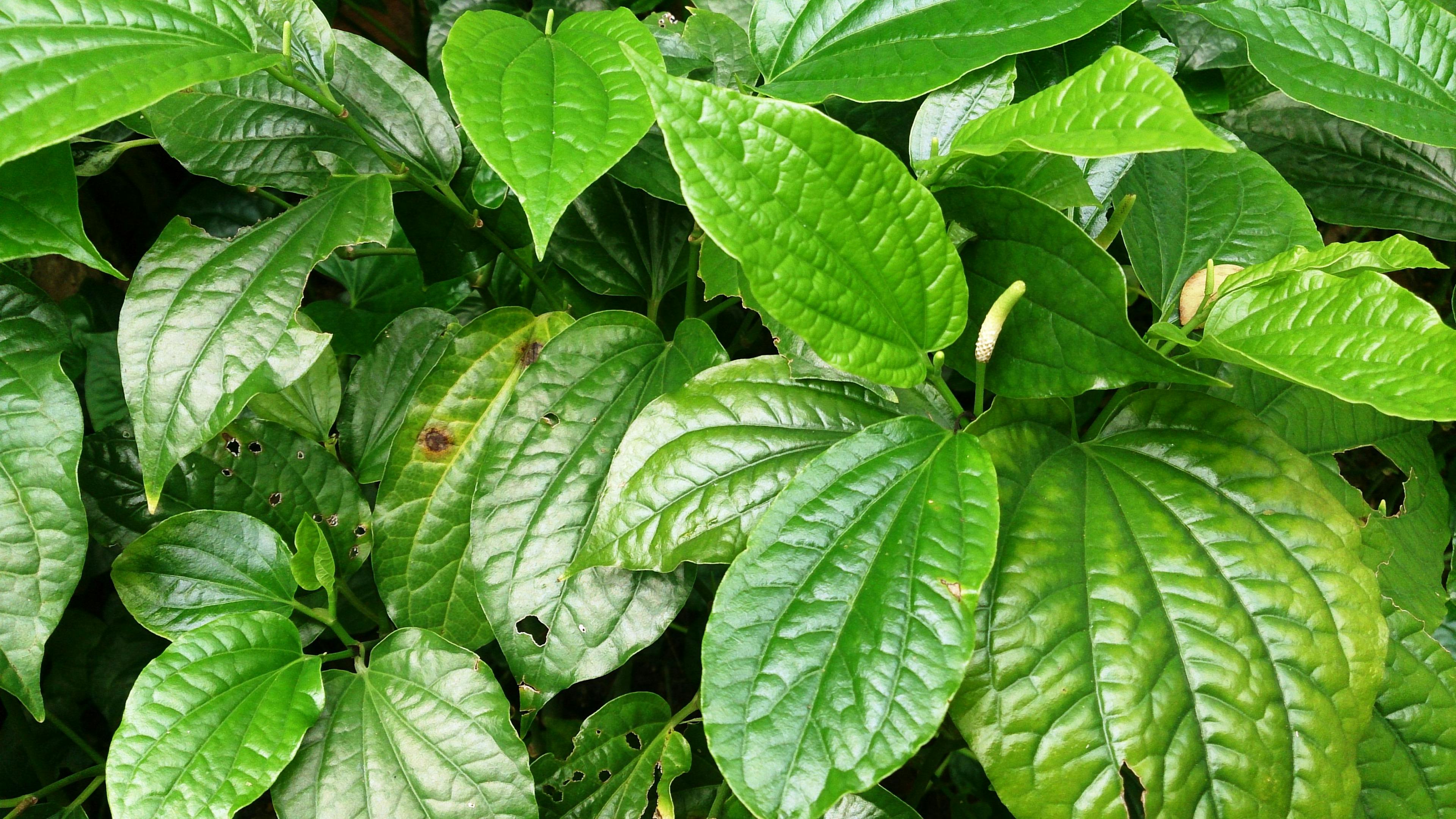
The first eåmtis who found me in the deep jungle bowed to my branches, called me sain & shared stories of her sick village

Buttons. You know them. They are those small things used to bind two pieces of fabric together in a clothing item or accessory
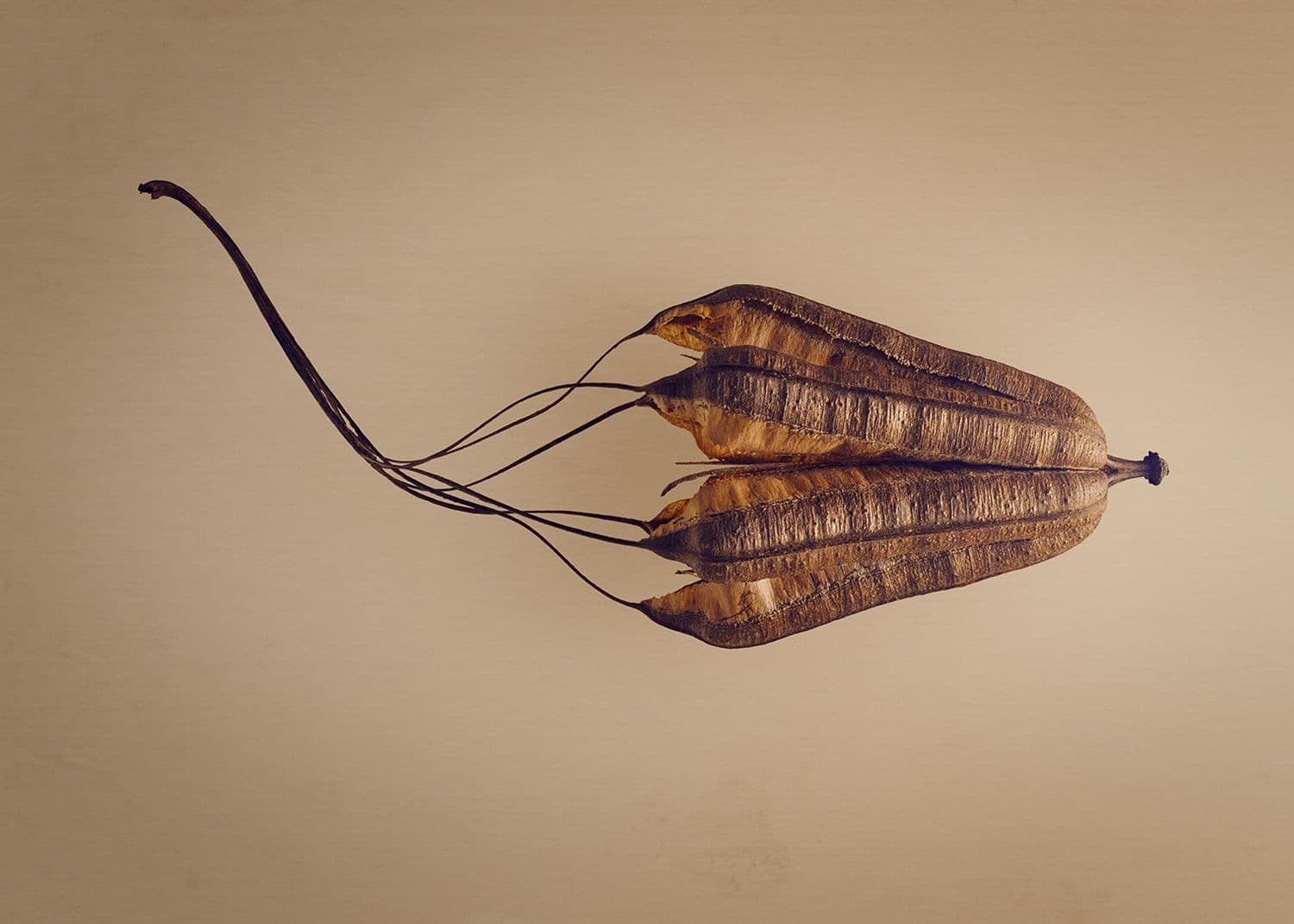
This exhibition was a remarkable exercise in capturing the minute detail of plant life by one of the world's leading microphotographers
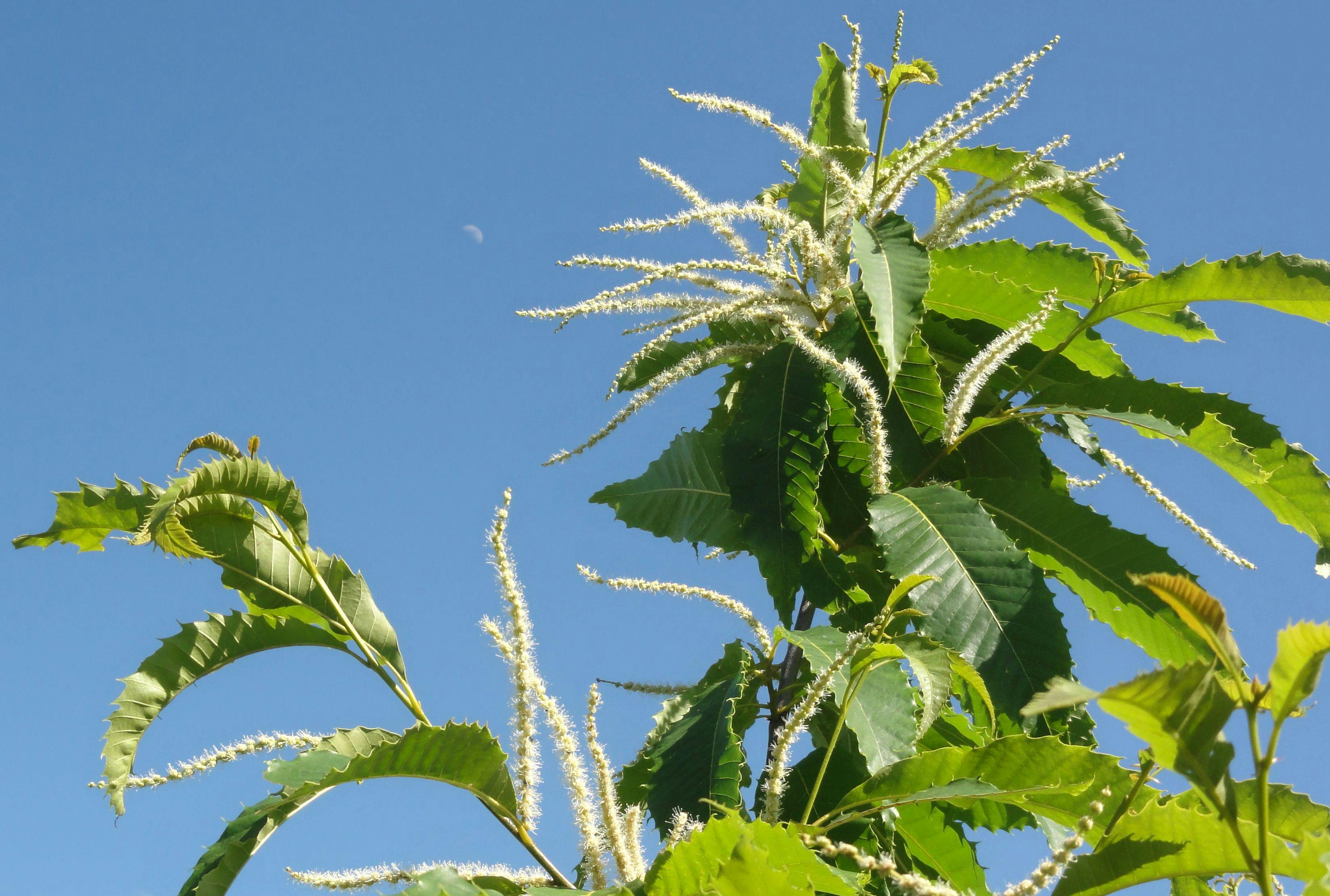
The slanted church down this unnamed forest road stands today with brittle spirit
TEA is an independent, not-for-profit magazine run entirely by volunteers. We are proud that we remain open-access and free for everyone.
Donate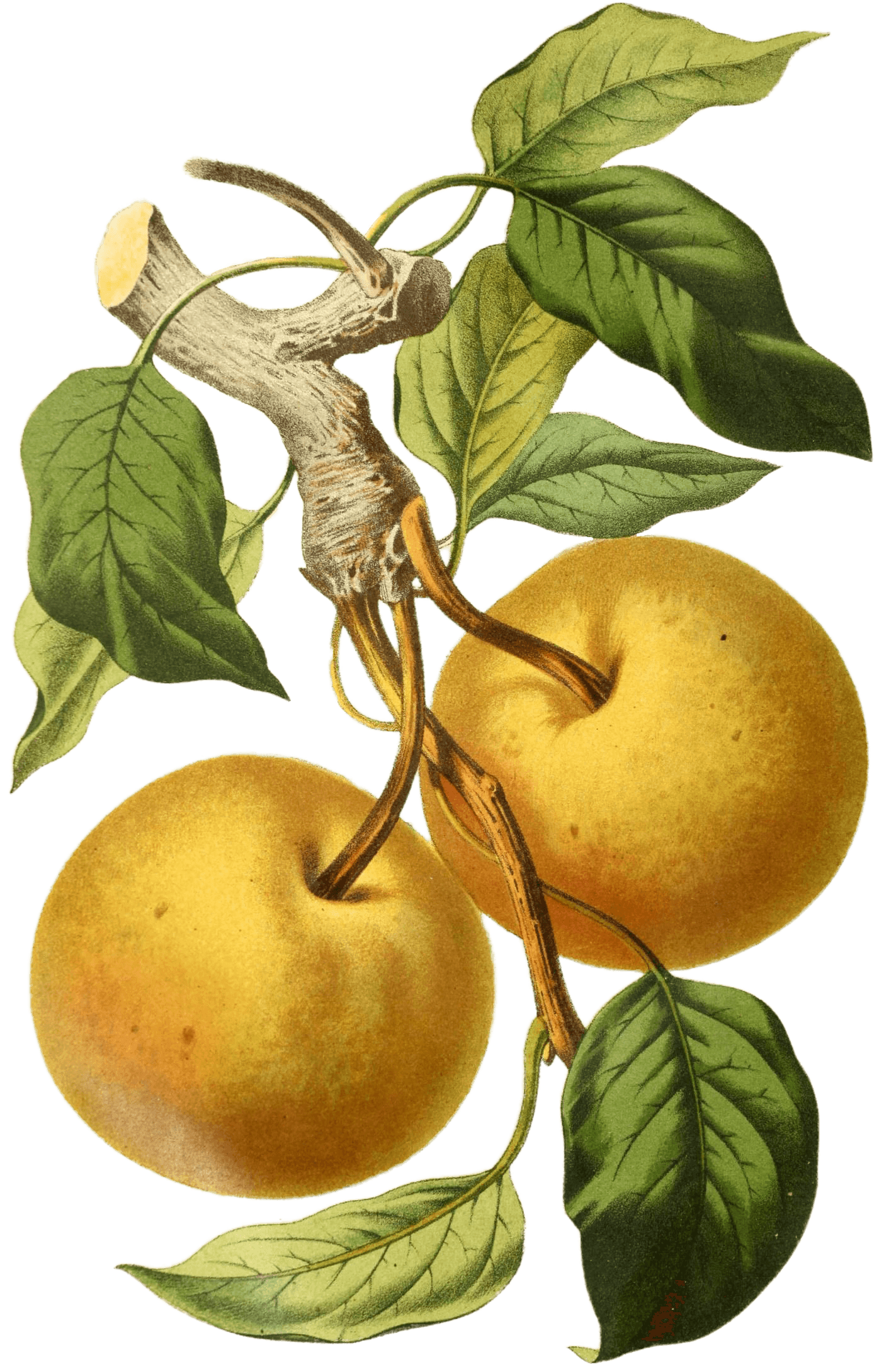
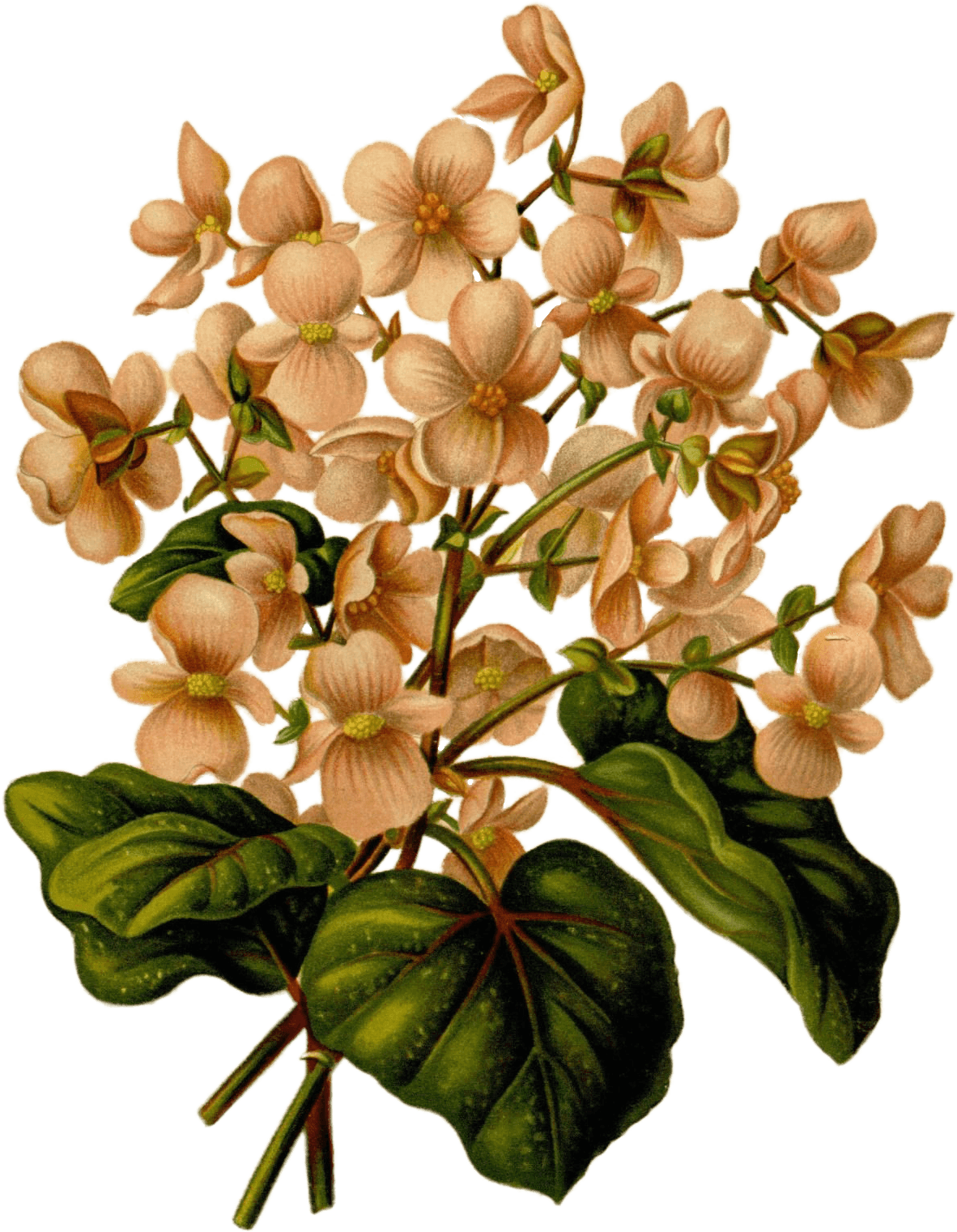
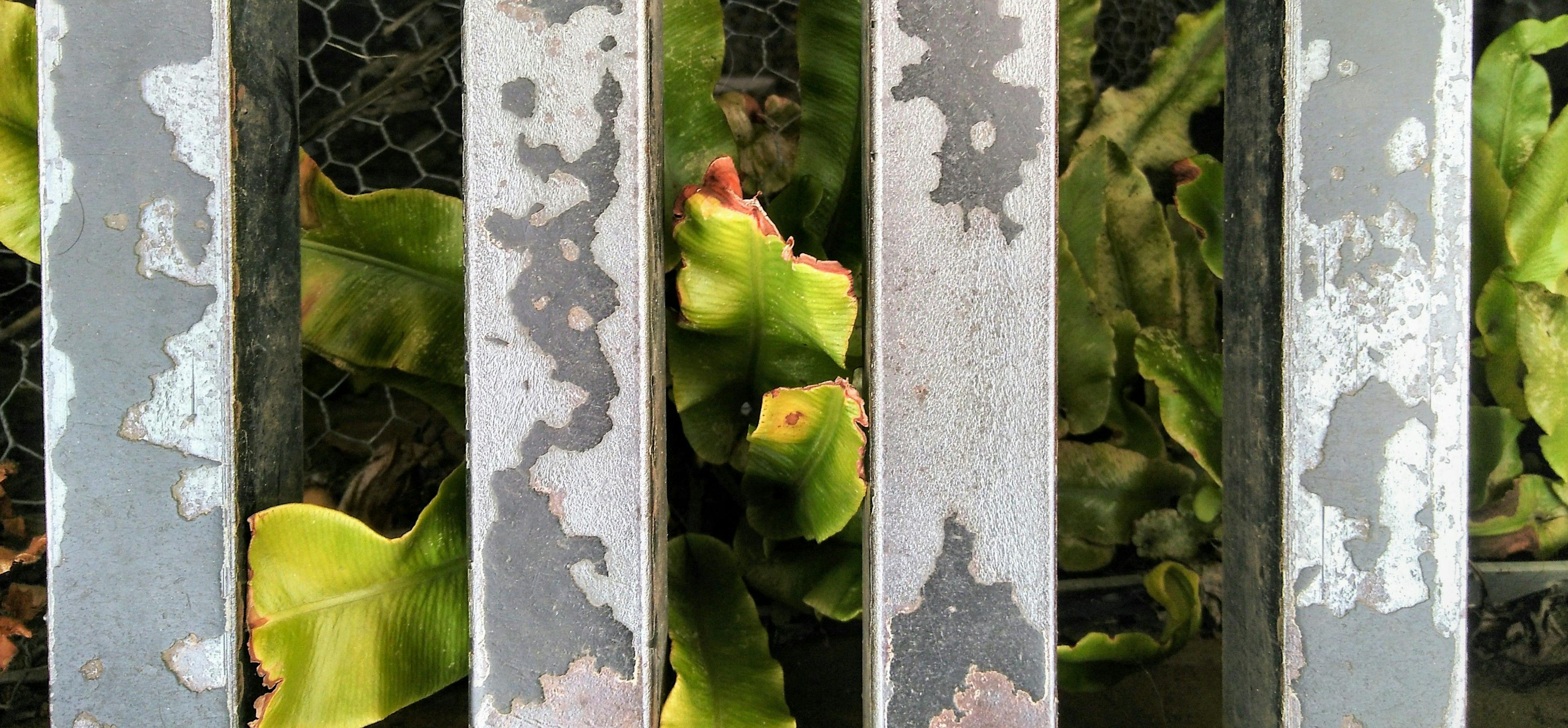
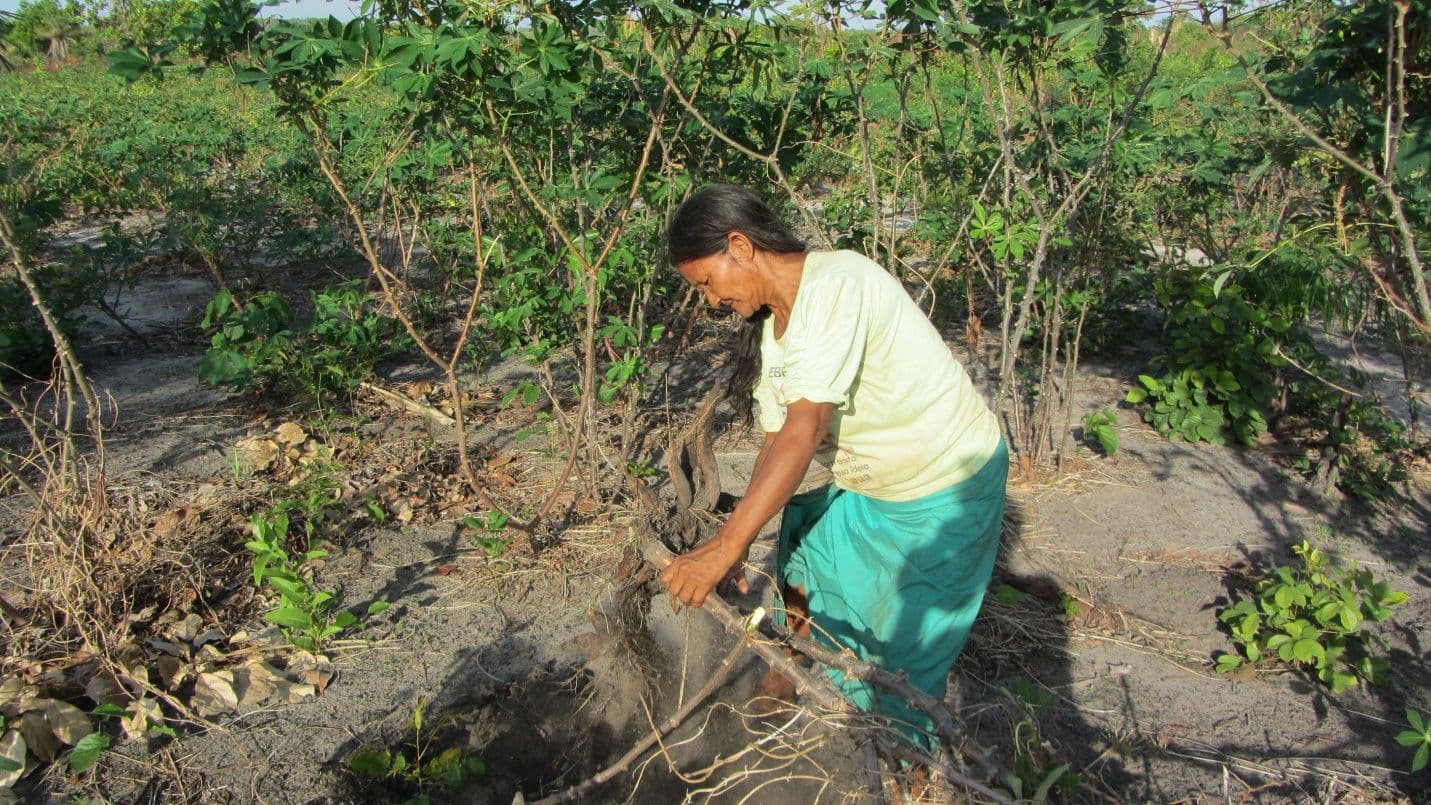
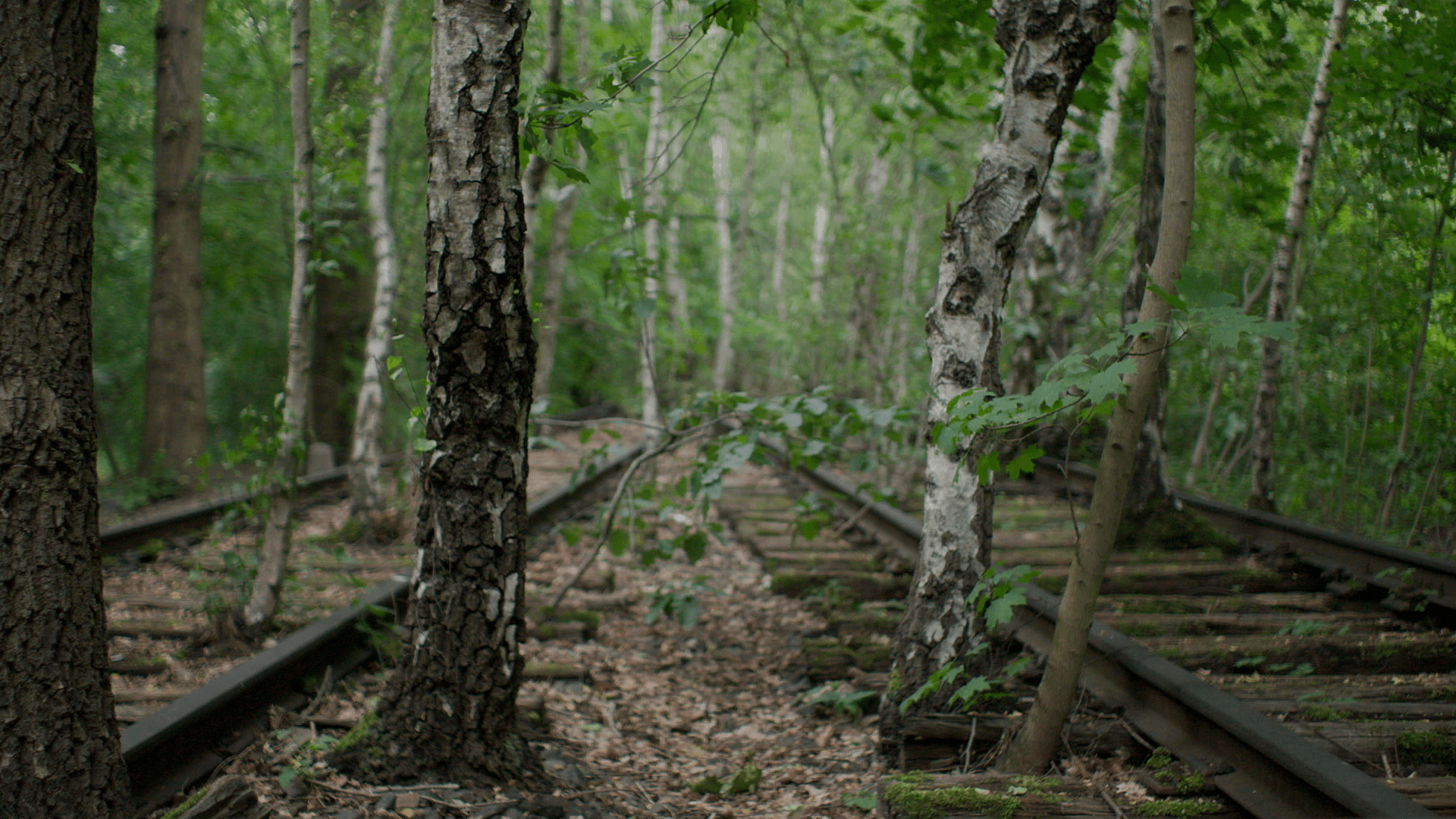
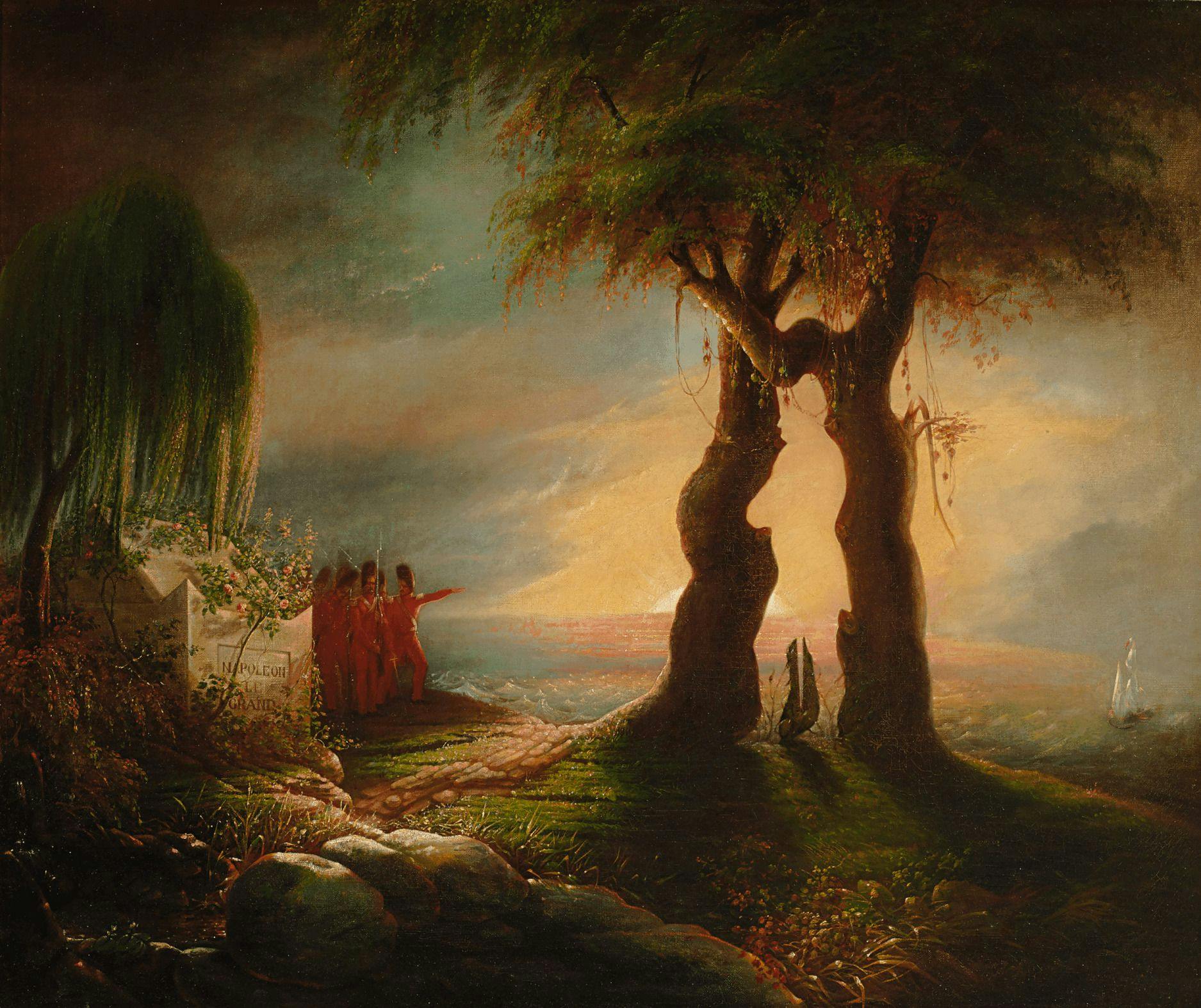
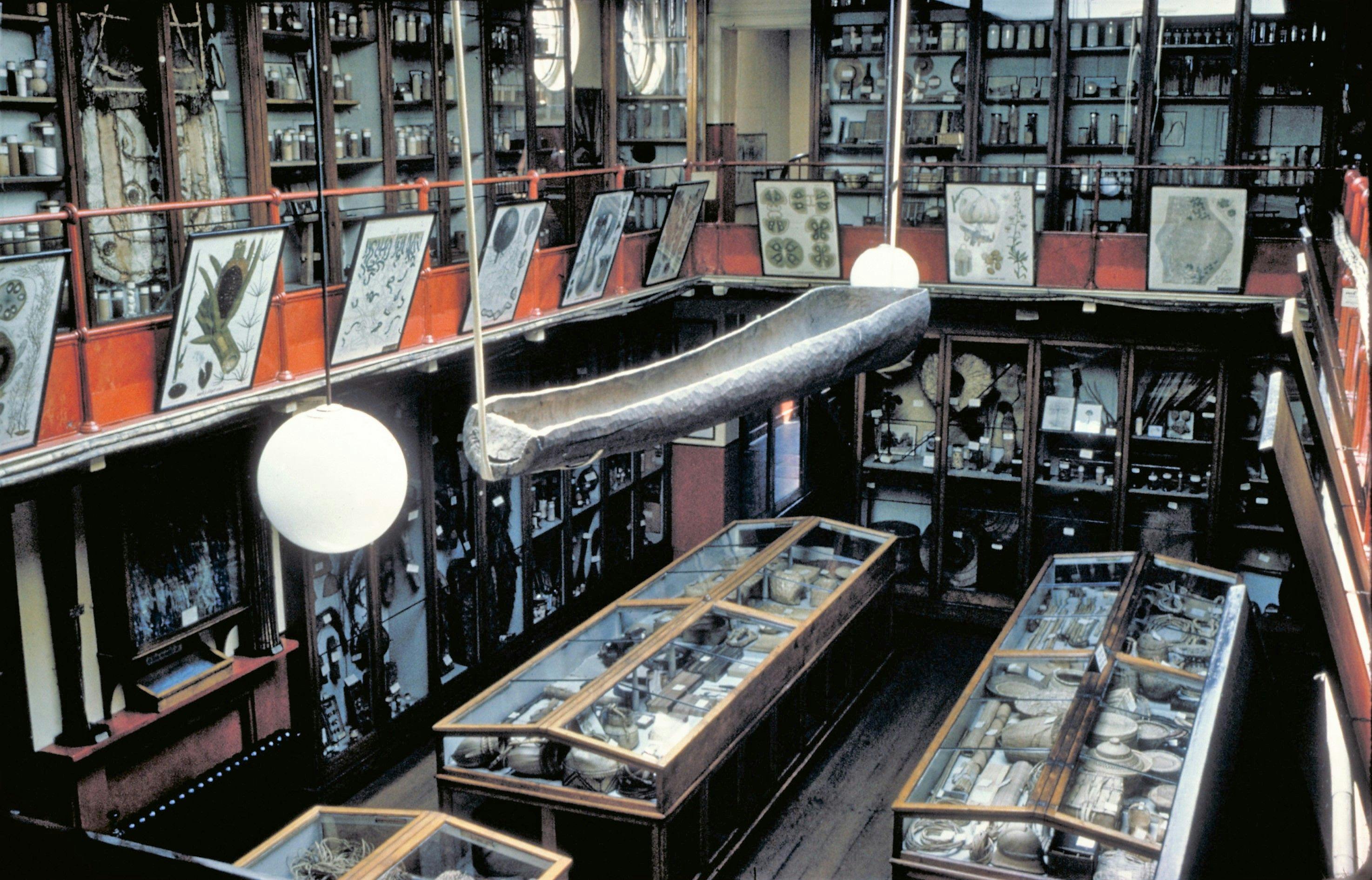
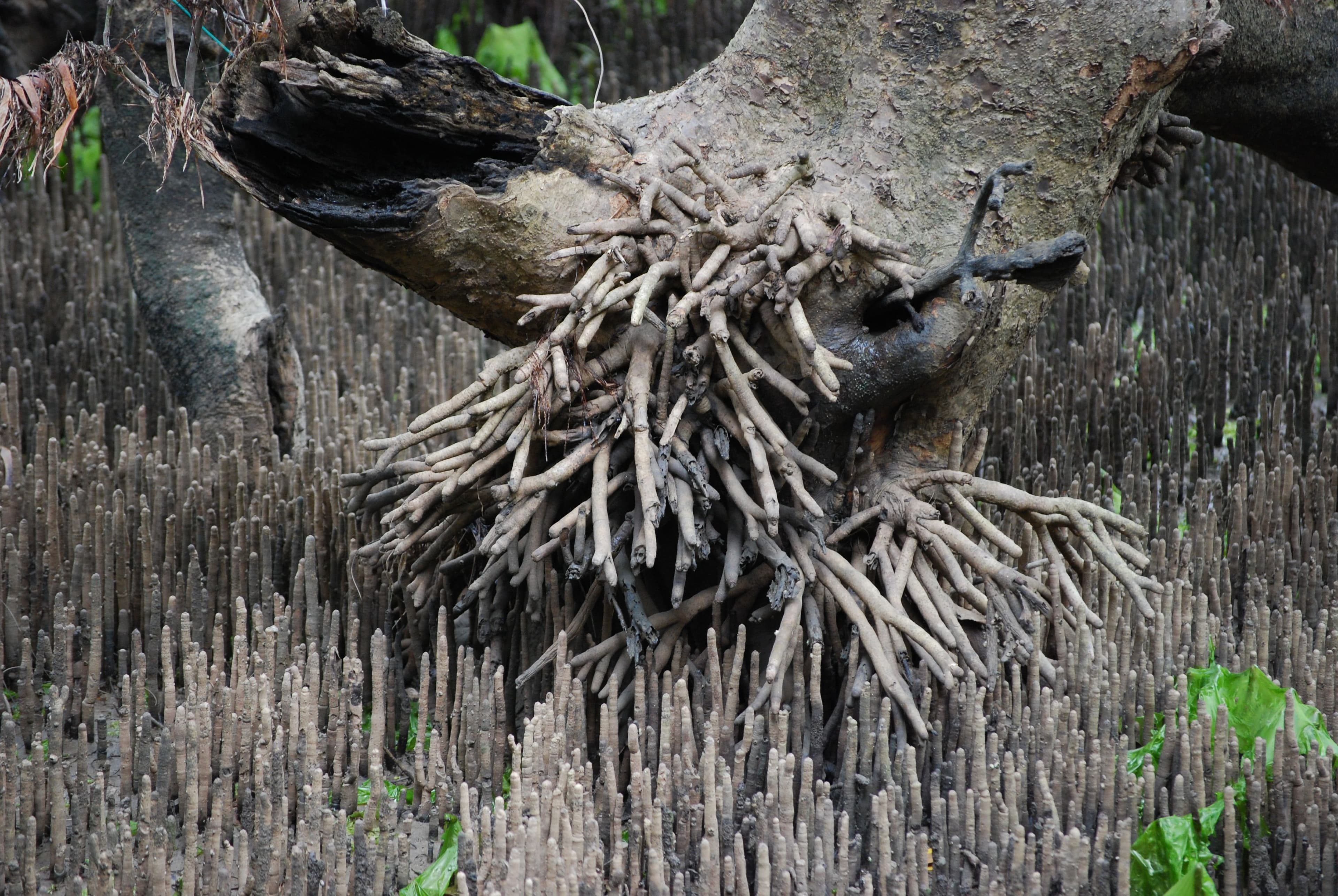
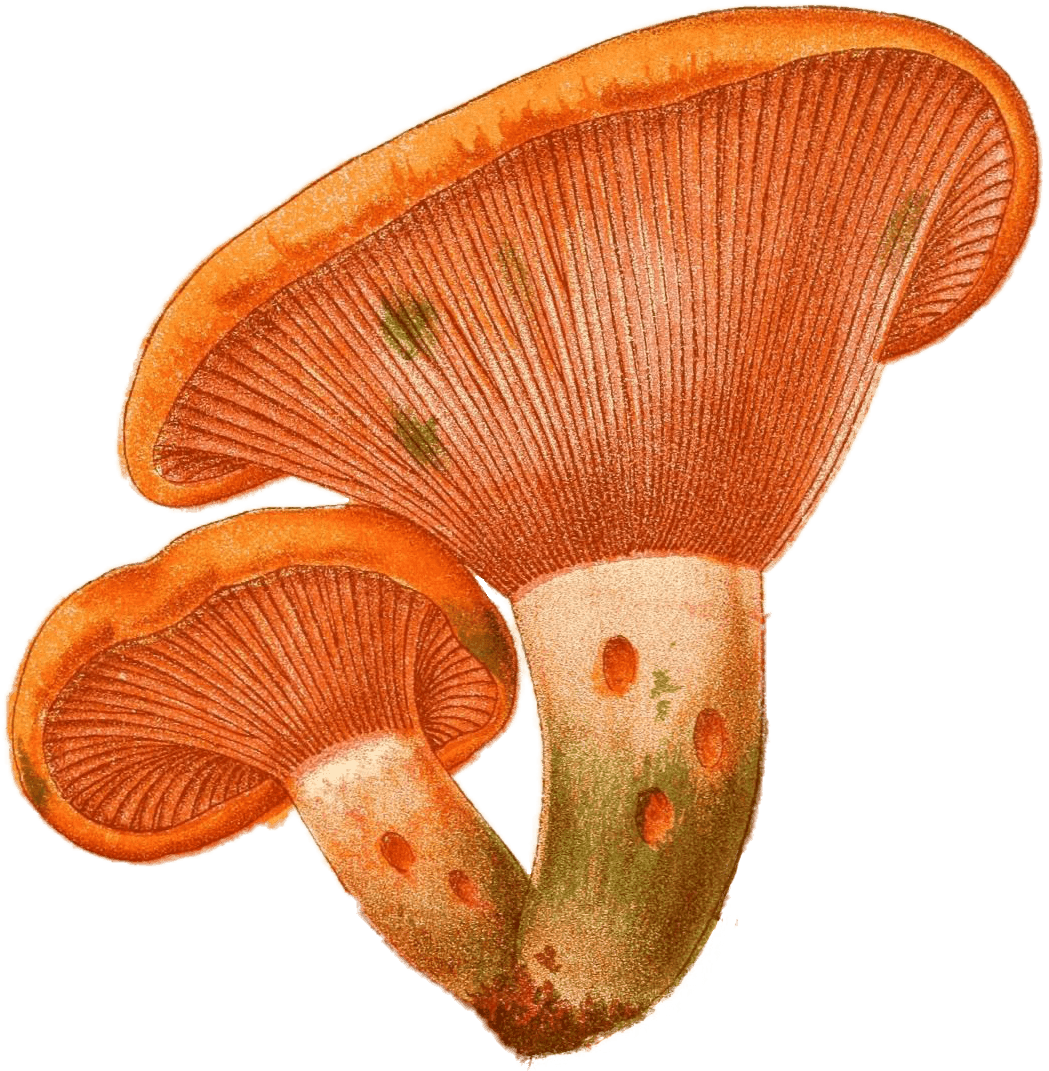
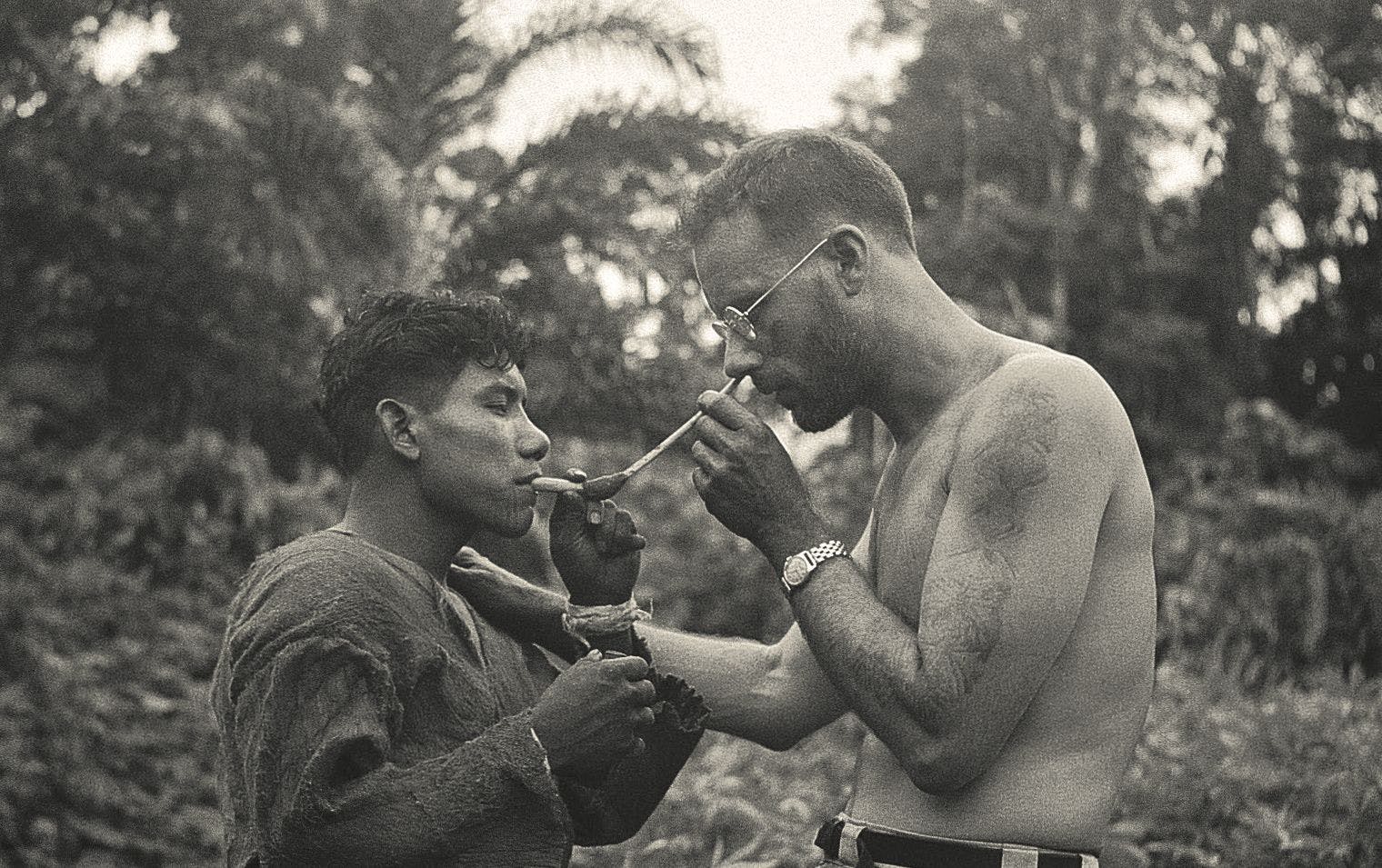
Even a symposium such as ESPD50 can never hope to comprehensively review all the developments in psycho-ethnopharmacology in the last 50 years, and that was never its intent.
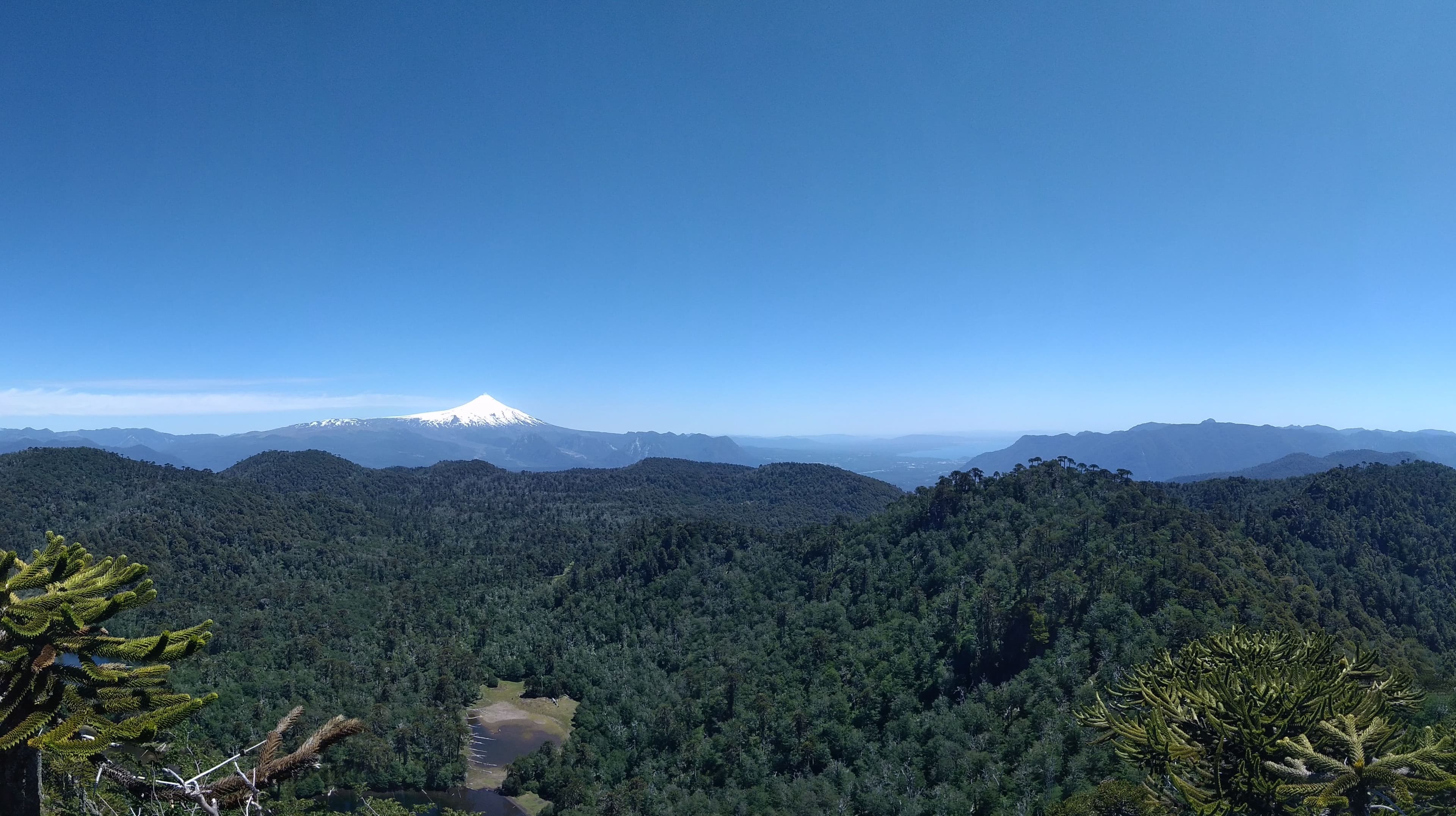
We have returned to this particular forest on many occasions throughout the year, knowing that not only sight but also sound can tell us about the life process of a forest.
I think huge political change is possible with the simple work of learning how to transform how we regard plants and shape our relationships with them.
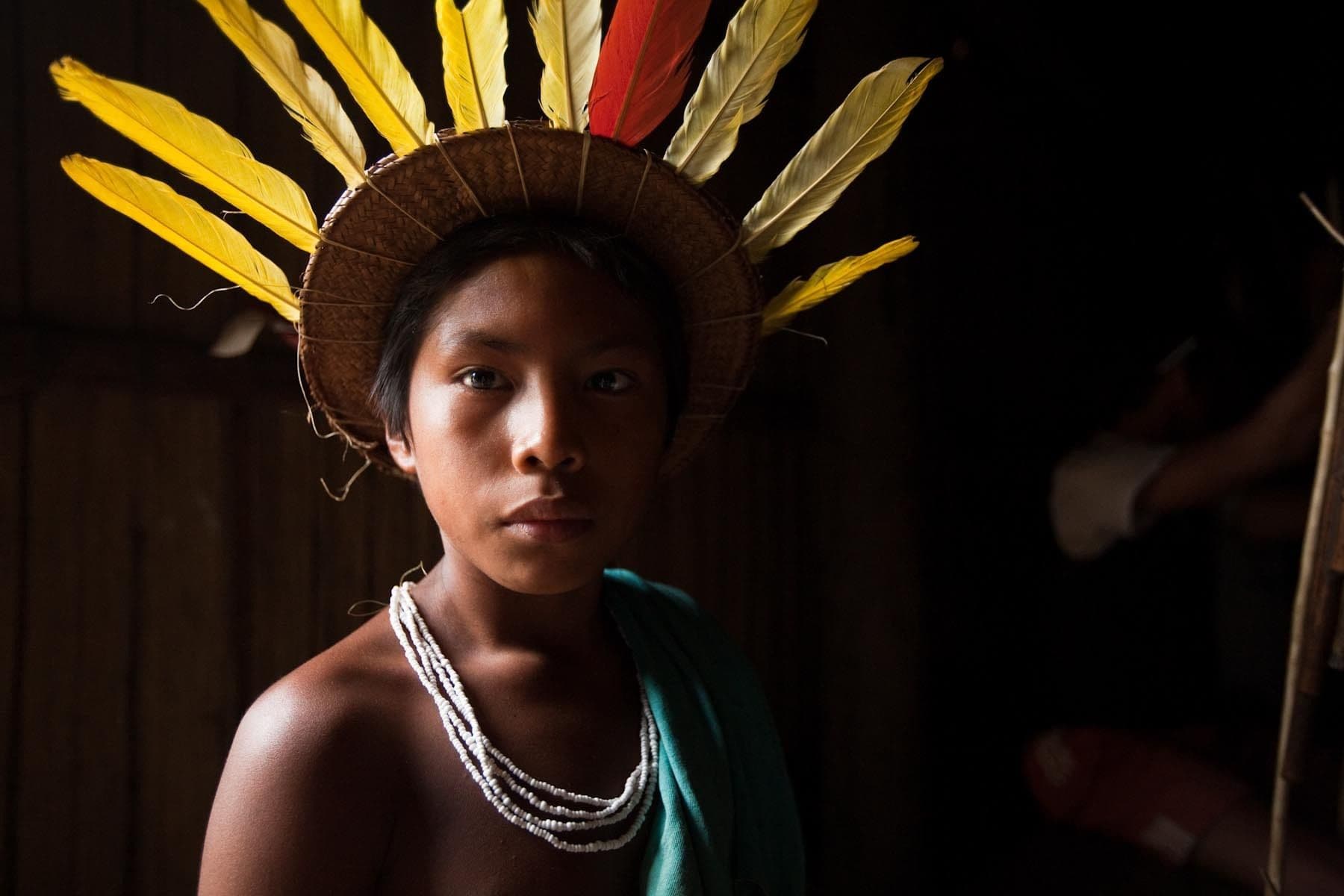
A lot of what was set in motion in the 1960s, which led to a kind of schism in society to this day, in part is the impact of these substances.
My grandmother's environmental knowledge was manifest in the intimate, specific ways that Grandma Hill understood and protected the ecology of an abundant organic urban garden.